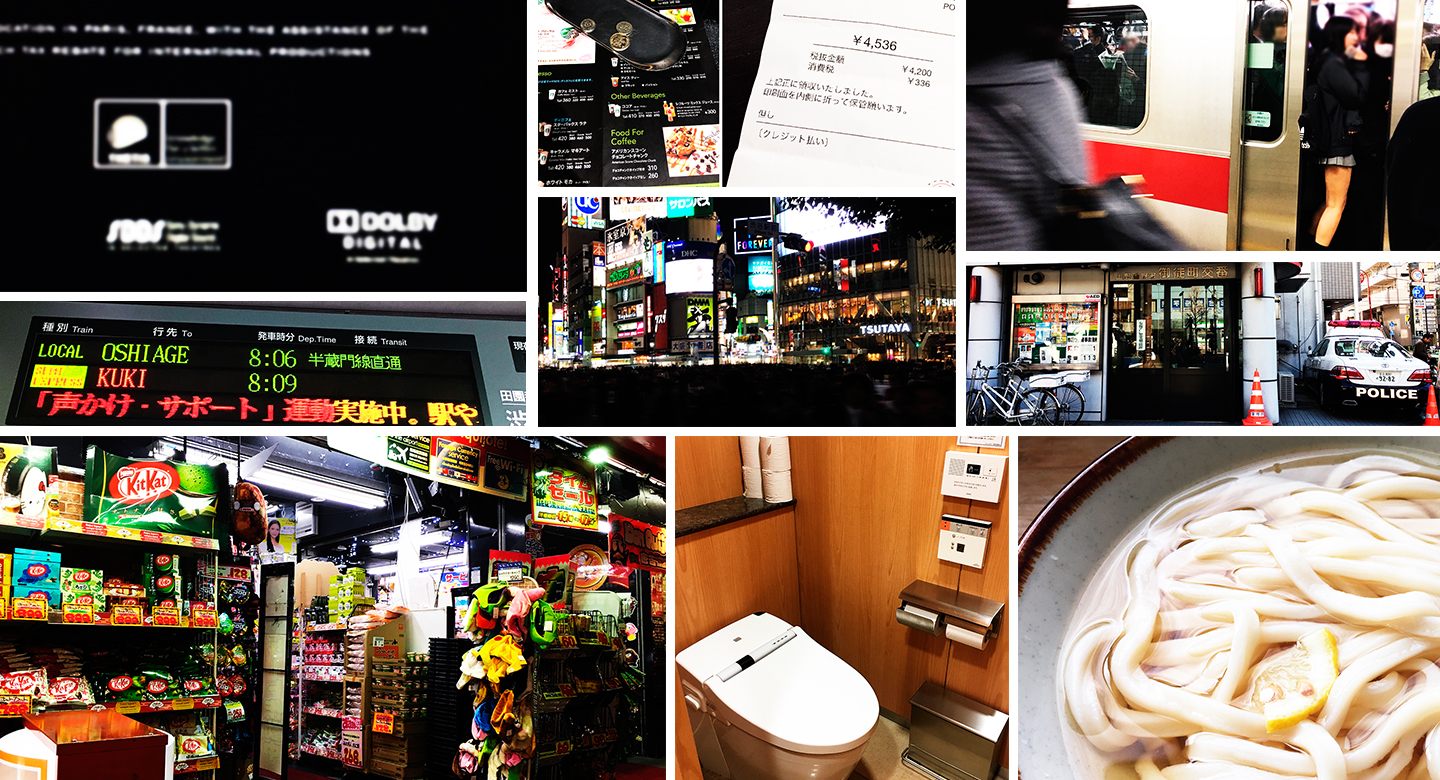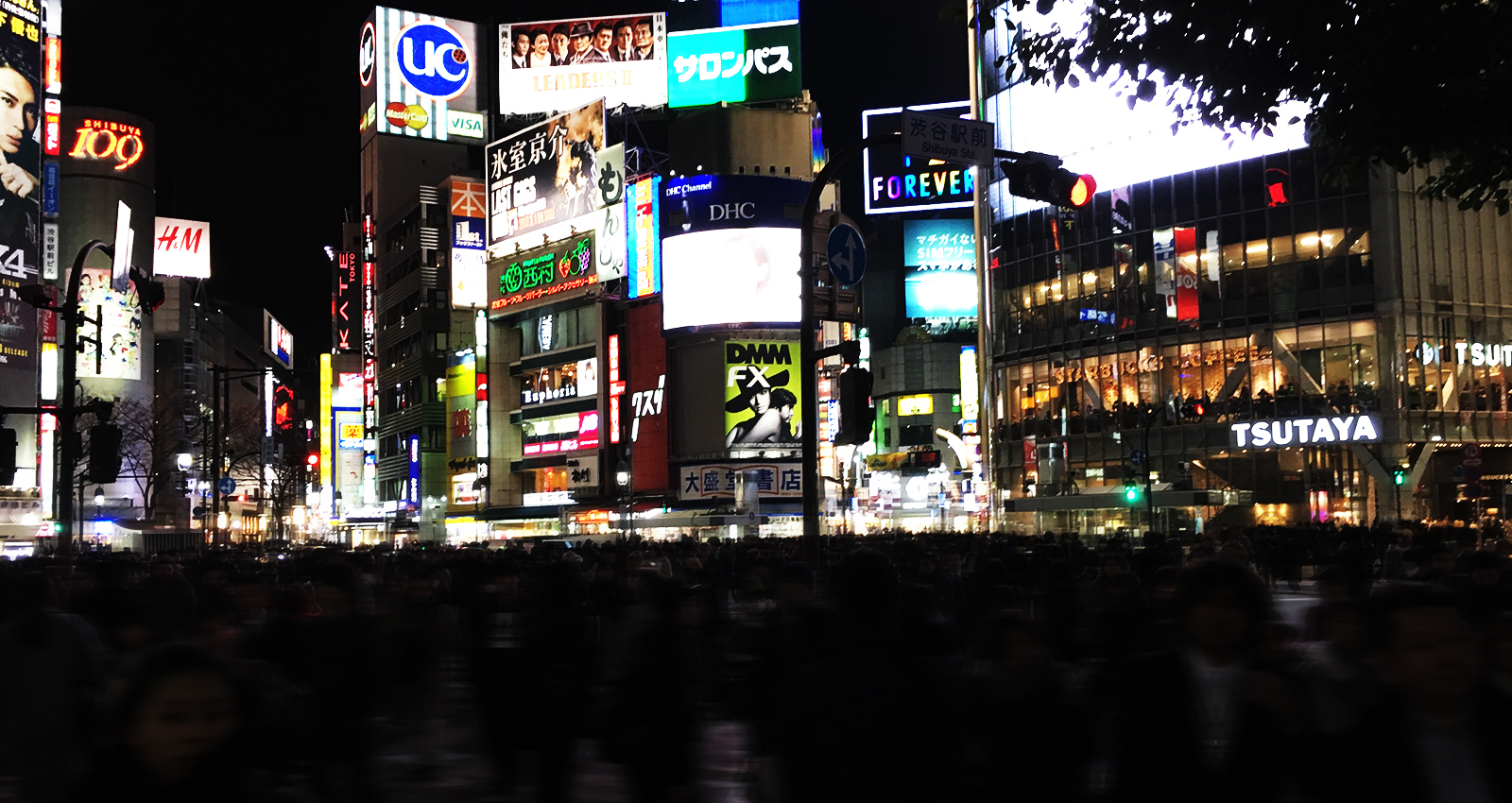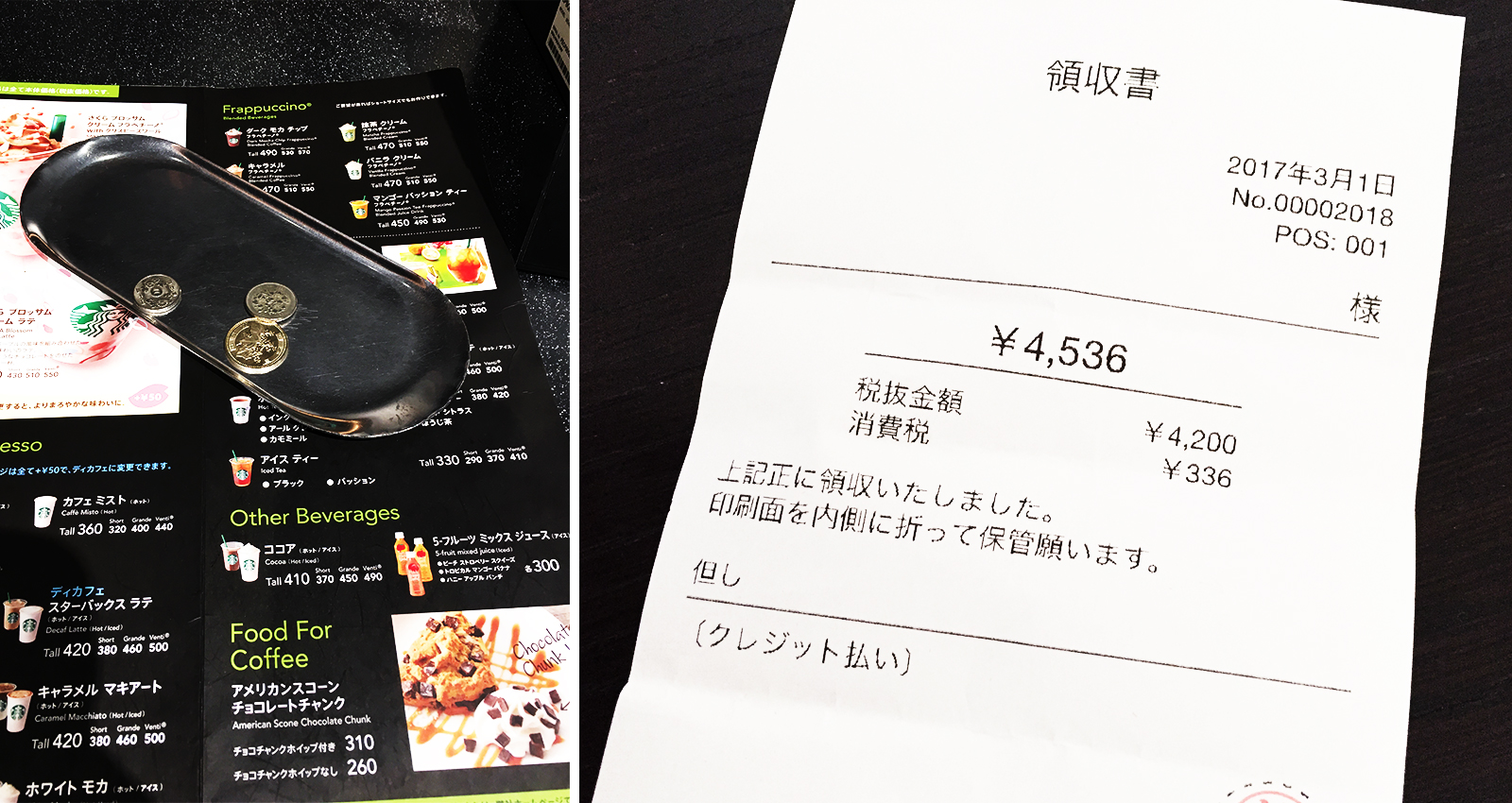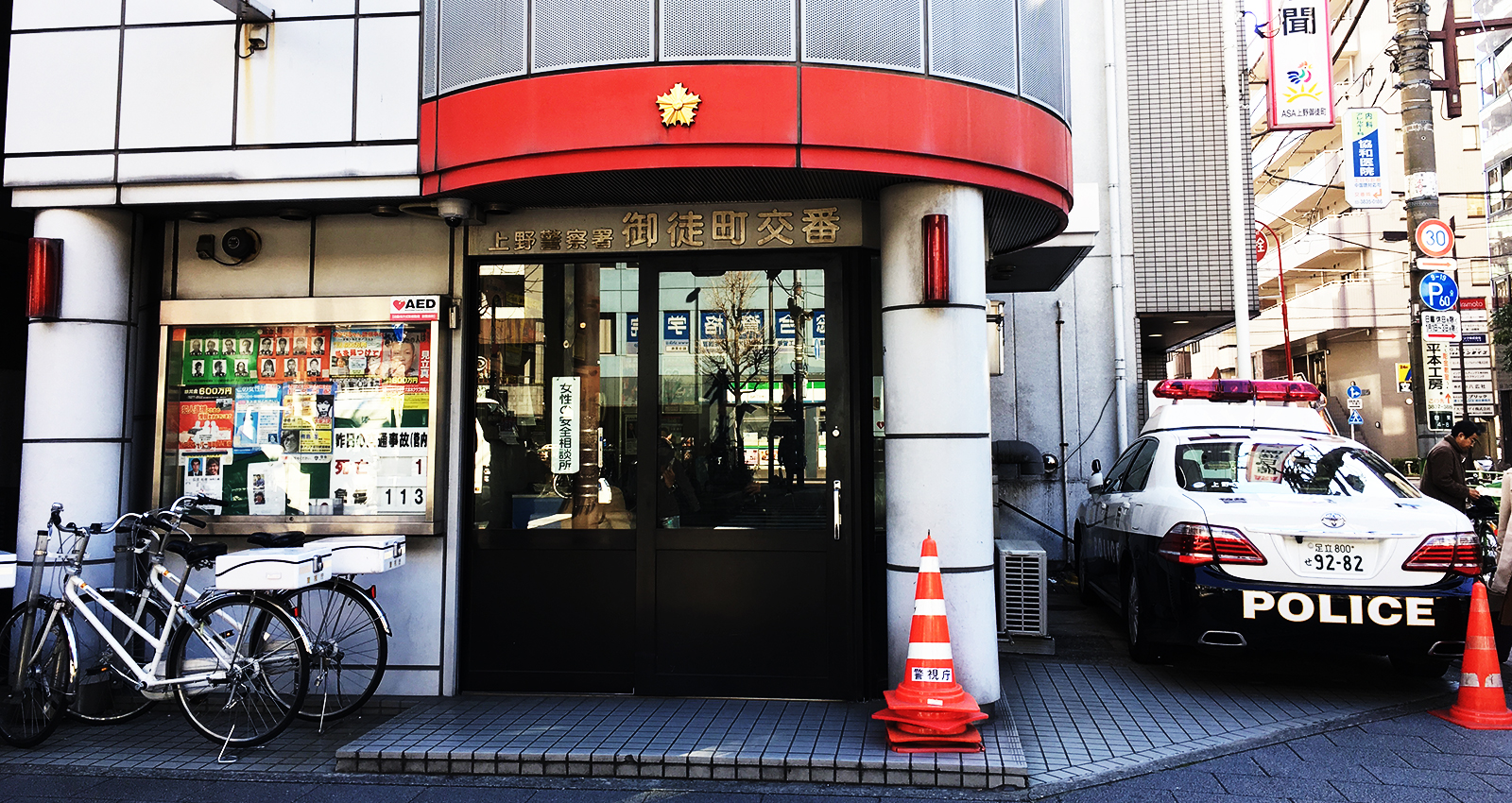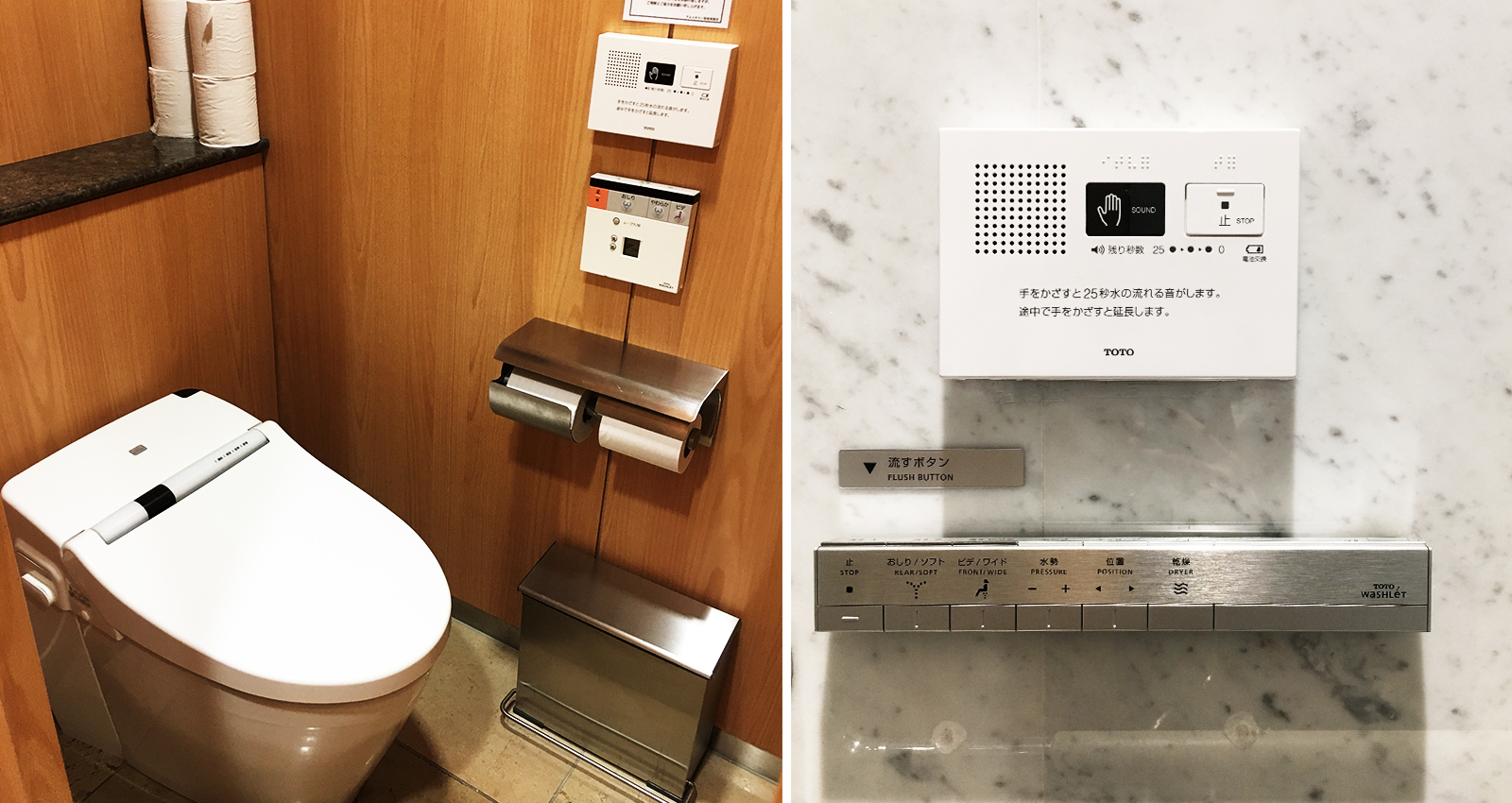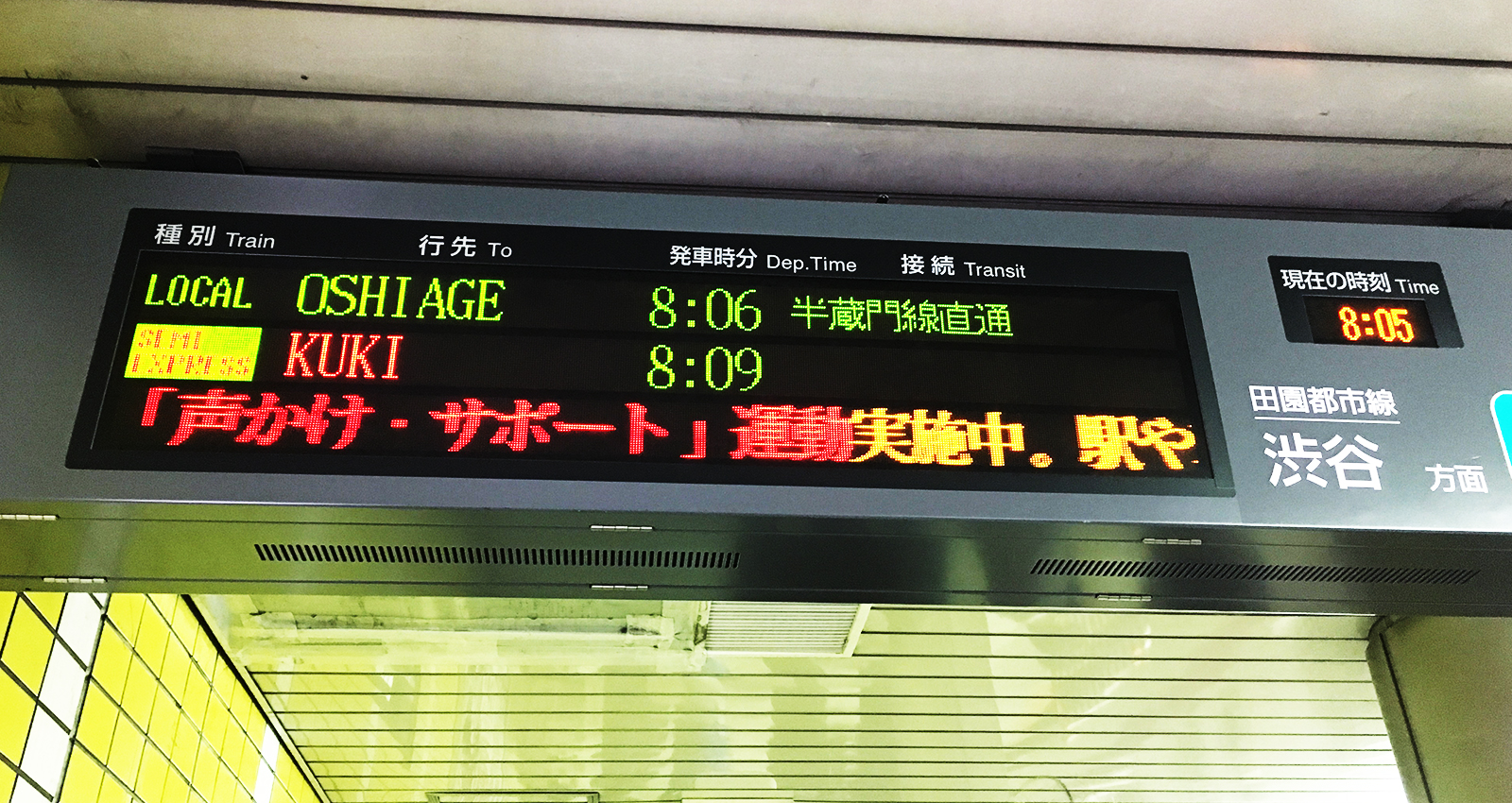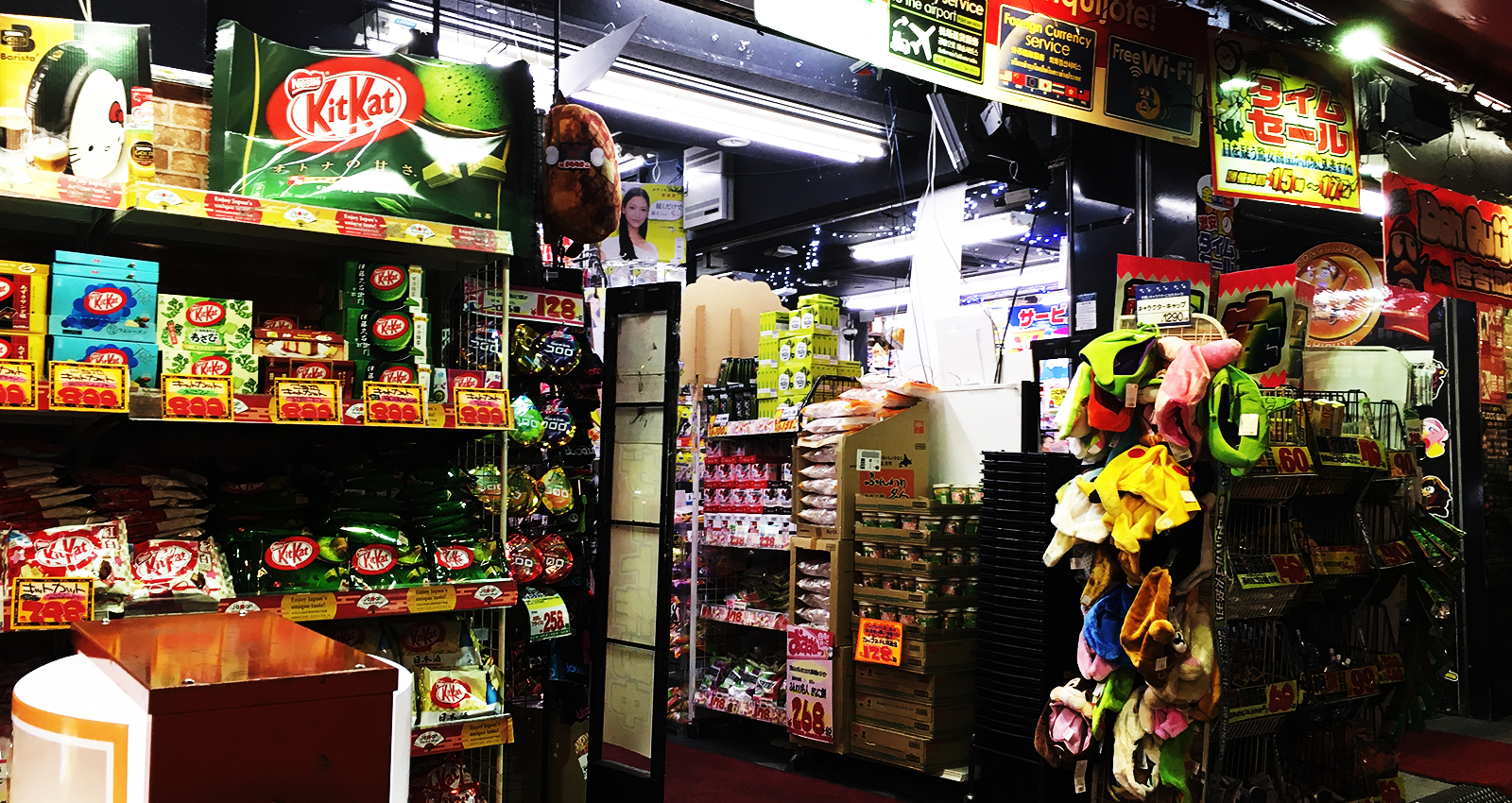Life in Japan
Hard Working-Schedules, Toilets From the Future and Silent Cinemas. Japan is Ready to Surprise You.
Eclectic Shocks
Coming to Asia from the West conjures up images of the unknown and the exotic. Distant journeys allow the traveler to have an adventure unlike any other, often filled with surprise and intrigue. For those who visit Japan, culture shock is undeniably a big part of that experience. But what is it about this island that shocks them the most? Over countless years and interviews, some themes are starting to emerge.
Noisy Eating
Like most people from the West, being told to chew with my mouth closed and not to make a noise when I ate was part of growing up. Being scolded by your relatives is a normal everyday occurrence, or at least until you happen upon your first ramen shop in Japan.
Here the culture is to make noise when you eat, but not to be rude. Traditionally it shows a great appreciation for the meal by verbalising that it is delicious. Secondly, ramen is a deliriously hot soup that needs to be cooled down as it is eaten. The best way to do this? To suck in some air whilst sucking up the noodles. Your first time in a ramen shop might strike you as odd, especially spending your life trying to make as little noise as possible, but as the saying goes, ‘When in Rome…’
Work-time
Modern Japanese society was built on the premise of working hard. Work is, for the most part, the most important thing you spend your day doing, and people here spend an awful lot of time doing it. From starting their day arduously early, to working through the holidays and finishing after the last trains have stopped. The workaholic culture has taken a beating from western media in recent years.
For many, dedicating your life to your job is a natural, social commitment. People here don’t take so much annual leave, and often put in over 100 hours of overtime per month. With recent exposure in the news, some companies are trying to change this culture a little by limiting office time and permitting more holidays. But old traditions die hard, and for the foreseeable future you will likely be surrounded by tired businessmen and women on the train at all hours of the night. At best, it might provide you with some much needed motivation when you get back to the office after your holiday.
Customer Service
In my homeland – the sunny British Isles – every shop, restaurant and public building is a new opportunity to have a ‘potluck’ type of customer service. We are on the whole, very polite people who take customer service seriously. By contrast, in America for those in the food industry, their wages might depend on providing an exceptional experience for diners.
Here in Japan the service; be it a clothes shop, cafe or museum, is beyond accurate description. If you have ever wanted to be treated like a King or Queen, Japan is the place to shop. The inherent pride in customer service here means you will be greeted formally, bowed to countless times, and given 5-star treatment. For visitors, this might seem overwhelming at times. After all, customer service is part of a job – but here that job gets taken seriously. No matter how rude or belligerent your customer is; service with a smile and unbelievable formality are to be expected.
No tipping!
That’s right – In Japan giving a tip is an alien concept, and some might even see it as an insult. From the taxi-driver to your waiter, tipping is neither expected nor admired. In a place where the wages are relatively decent for service staff, the customer is not expected to help out. To tell the truth, at many bars and local restaurants you’ll be given a small appetizer with your drinks or before you meal which will be automatically charged to your bill, or you may even have to pay a seating charge. But at least there’s no need to calculate a decent percentage of gratitude when you’re ready to leave.
You can never lose anything
Let me rephrase that – You can lose your personal items just about anywhere, but in Japan you’ve got a high chance of getting them back. Stealing just isn’t something that occurs here frequently. So if you drop something on the street, it’ll either be waiting for you to come back or at the local police station.
Items of lost clothing can often be seen hanging on the nearest tree for the owner to collect. I once had the experience of receiving a piece of laundry that had blown from my apartment not only washed again, but ironed and on a hanger. There’s definitely a culture of ‘if it’s not yours, don’t touch it’ in Japan. There’s good news for the honest amongst us too – If you find loose money in the street and take it to the police station, it becomes yours – if nobody claims it after a certain amount of time.
The End Credits are Important
If you should find yourself at the cinema in Japan, it’ll be pleasantly similar to any movie theater back home. Well, until the movie ends. Here in Japan people remain seated during the entire end credit roll – and for a big blockbuster that can be a long old wait. If you’re from a place where people laugh out loud while watching a comedy, or who applaud and whoop during an action scene, be aware – the Japanese auditorium remains silent, even during the most exciting scenes.
This might seem a little jarring at first, but politeness endures as the reason for most public behaviour here. Showing regard for all the people who made an effort in the film, and not just the actors, is another courtesy that might have you itching to leave out of familiarity. I suppose you could always take a short nap while you wait.
Traditional and Futuristic Toilets
Be prepared to be both amused and alarmed if you walk into a traditional Japanese toilet stall. Shaped like a sausage, these toilets lie in the floor, meaning you’ll get a chance to practice your squats.
Thankfully most places have cubicles containing one of the most revered pieces of Japanese technology to date – the Futuristic Toilet. The seat is pre-warmed, the flush is automatic and if you wish you can activate the sounds of nature or a jaunty little tune to help you while you take care of business. The modern Japanese toilet is the throne you will definitely miss when you leave.
Everything is on time
And I mean everything. From public transport, to time-sales, to meetings. If you plan on catching a train, bus or airplane here – my unwavering advice is to be on time. They’re rarely late and they’re certainly not going to wait for you. Punctuality is a staple of Japanese culture. As far as the rules go, you should aim to arrive 10 minutes before an appointment if you’re looking to make a good impression.
If there are delays, these are apologised for profusely by staff or clients. To those in Japan, being on time is a matter of courtesy, and being late to the office is not something you want to get a reputation for. Fortunately this works in favour of the traveler, as you can plan your journeys around Japan almost to the second.
Rush Hour
The term ‘Rush Hour’ seems like an understatement in Japan. Firstly, rush hour lasts for a few hours here. Don’t be alarmed if you’re shoved onto a train by a platform attendant at close to midnight. Just be relieved you haven’t come straight from work into the rat-race.
If you’re not working in the office you’ll probably have been drinking with your boss and colleagues as is usually expected of staff. So getting home at any time after 5pm can sometimes be a little tight. Being squeezed onto an already jam-packed train is nothing new here – everyone has to get home. But if getting close to the locals is your goal, this is definitely the event for you. Tokyo has an impressive 6 million regular commuters annually, with an average commute time of around 1 hour.
Discount Stores
For shoppers who love a bargain, the Pound Shop or Dollar Store in your town might be where you draw the line. Filled with the usual bad quality products, it can be hard to survive using discount stores alone in the West.
Japan, on the other hand, boasts an array of cheap shops, full to the brim with useful, high-quality items. Whether you’re looking for souvenirs to take home or gadgets to use during your time here, the 100-yen and 300-yen chain stores are a sight for sore eyes. Stocking everything from tableware to gardening tools, stationery and toiletries, these shops are all over Tokyo and are unmissable.
Every country has its own history, mystery and culture, so embracing the new while you travel is the only way to experience all this world has to offer. Japan certainly has enough gadgets and mannerisms to keep you entertained for your entire trip.
Written by Emma Price
April 26, 2017
